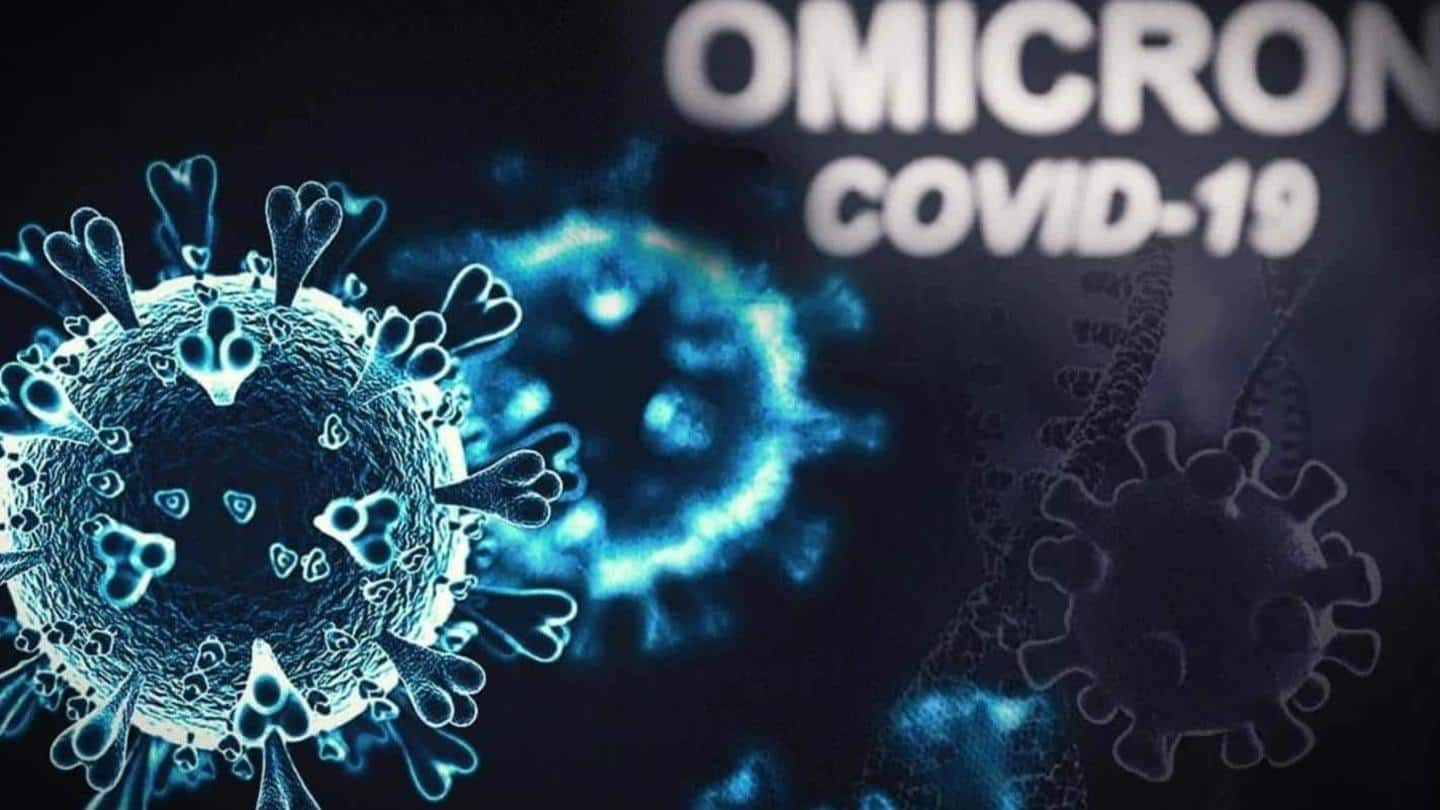
COVID-19 third wave: WHO official issues warning on Omicron impact
What's the story
Although COVID-19 cases are declining worldwide, the risk remains high in view of the emergence of the new coronavirus variant called Omicron, said World Health Organization's (WHO) South-Asia Regional Director Dr. Poonam Khetrapal Singh.
Speaking to NDTV, Dr. Singh warned against letting guards down as the "pandemic is still around" and called for faster vaccinations.
Context
Why does this story matter?
India has so far reported 35 cases Omicron, which has been classified as a "variant of concern" (VOC) by the WHO.
Omicron is the most heavily mutated strain of the coronavirus SARS-CoV-2 detected so far.
It is feared to be more transmissible, even though the symptoms appear to be mild.
However, studies on its transmissibility, severity, and other characteristics are still ongoing.
Details
'Omicron could have a major impact'
The global spread of the Omicron variant suggests it could have a major impact "in the course of the pandemic," Dr. Singh said.
However, it is still difficult to know the exact impact of Omicron, she maintained.
The WHO has called on countries to submit more data to ascertain Omicron's transmissibility, severity, and reinfection rate, she said.
Information
'Data suggests increasing reinfection risk'
The emerging data from South Africa, where the variant was first detected, suggests an increased risk of reinfection, she said.
Some evidence also suggests that Omicron causes a milder disease than the Delta variant, she said.
However, she maintained that more data and studies are required to draw a firm conclusion.
Existing RT-PCR and antigen-based rapid tests work against Omicron, she added.
Suggestions
What were Dr. Singh's recommendations?
Upon being asked what countries need to do to better handle the coronavirus variant, Dr. Singh said enhanced surveillance and genome sequencing efforts are required.
"They (countries) should submit genome sequencing and associated metadata to a publicly available database," she added.
She further stressed the need to report initial cases and clusters of Omicron cases to the WHO.
Quote
'Preliminary evidence suggest higher transmissibility'
Preliminary investigation on Omicron suggests higher transmissibility, she said. Even if severity remains unchanged, the increase in cases alone may pose overwhelming demand for healthcare facilities. This may lead to "increased morbidity and mortality," she added.
Vaccines
Do vaccines work against Omicron?
On the efficacy of COVID-19 vaccines against Omicron, Dr. Singh said all vaccines that are currently in use "offer protection against severe disease and death."
"Efforts should be intensified to accelerate COVID-19 vaccination coverage in all eligible population."
Those who are unvaccinated or partly vaccinated should be prioritized, she said.
"These include healthcare workers, older adults, and those with underlying (health) conditions."
Quote
'Vaccines only reduces the chance of infection'
Explaining why many vaccinated people are getting infected with Omicron, Dr. Singh said, "Although vaccines reduce your chance of getting infected, they don't completely prevent. This is true for all vaccines." Studies are ongoing if Omicron impacts the effectiveness of vaccines, she added.
Booster
What did she say on booster jabs?
Dr. Singh said the WHO's stand on booster jab is what the Strategic Advisory Group of Experts on Immunization had recommended in October.
The SAGE had recommended that booster jabs should only be allowed to those who are moderately or severely immunocompromised.
"More data is needed to make a recommendation on the use of booster jabs for general people," she added.
Quote
Decide on vaccinating children: Dr. Singh
"Countries should consider the individual and population benefit of immunizing children and adolescents in their specific epidemiological and social context when developing the COVID-19 immunization policies or programs," Dr. Singh said on vaccinating children.